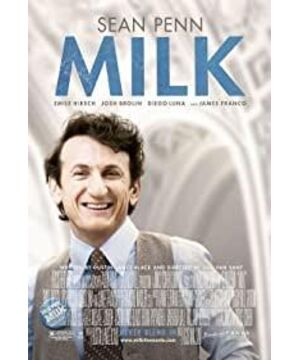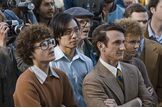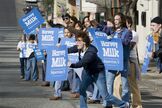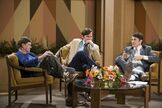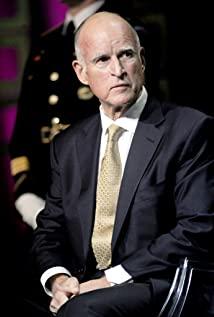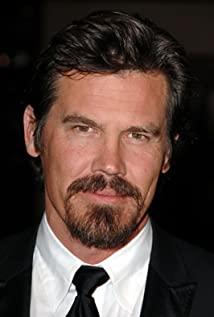Given this richness in material, and the sheer firepower of the cast, it is arguably not surprising that Gus Van Sant has offered a fine civil rights film. (This is not to deny Mr. Van Sant of his credit – there are plenty of examples in cinema where excellent raw material was converted into nothing but waste.)
Sean Penn has already received a lot of praise for his performance, so I will not go into a pointlessly lengthy discussion – suffice to say his acting is spirited and emotionally charged. He is given plenty of opportunities to shine, with numerous public speaking scenes where he delivers powerfully inspiring speeches. Once again, he proves he is one of the most skilled and truly talented actors working today.
Perhaps somewhat ironically, the film takes a very conventional approach to the highly controversial topic. Milk is an easy film to follow and enjoy, as long as you can tolerate, if not accept, the basic concepts of gay rights. There are a few intimate gay scenes, but there is nothing explicit or directly offensive – I think these scenes are themselves a gauge of how tolerant the audience is on the issues being discussed (while their presence will limit the film's appeal and box office potential). The cinematography deserves praise for creating a very “up and personal” feel, as we are literally by Milk's side, watching him from the front row as he rallies the troops or observing him from behind as he addresses 10,000 people.
This review would not be complete, of course, without a discussion of the core issues. I think Milk would serve as an excellent introduction of the gay rights movement, and it presents the gay community's case in a clear manner – they are simply looking to be allowed to live their lives in their own way, and get equal treatment from society. Of course, the film is imbalanced as in somewhat portraying the religious anti-homosexual movement in a simple derisive manner (they are referred to as “bigots” throughout the film by Mr. Milk). Regardless, the debate is one between liberal gay activists and religious conservatives. It may be easy to label the religious conservatives as a group of prejudiced hypocrites, but religion deserves to be well-respected (which is a hard concept for us post-80s Chinese,since we are so disconnected with our own cultural and religious heritage), and there is some truth in that society requires the preservation of certain traditional values and morals.
On the other hand, social progress by definition means the abolishment of obsolete values, and in terms of gay rights, the heart of the matter lies in the recognition that homosexuality is not a disease to treat but a natural and permanent part (of course, major controversy here over the word “natural”) of our society. If you accept this statement, then the rights demanded by the gay community are a mere exercise in logical deduction. However, the complexity of the issue is exactly here – it is a fundamental and perhaps irreconcilable difference in philosophy and worldview, and even if we had irrefutable evidence supporting the “natural” claim, the debate would only be an extension of science versus God.
The debate is currently gridlocked. Milk does not further the debate, but interestingly, it does offer a simple but powerful word that could be the “cure” – “hope”. For the gay rights movement, it is hope that has kept it alive in the face of seemingly impossible odds. For society as a whole, it will also be “hope” that eventually pushes us to resolve our issues. Hopefully.
8/10
http://www.dani19.com/2009/01/29 /milk-2008/
View more about Milk reviews


